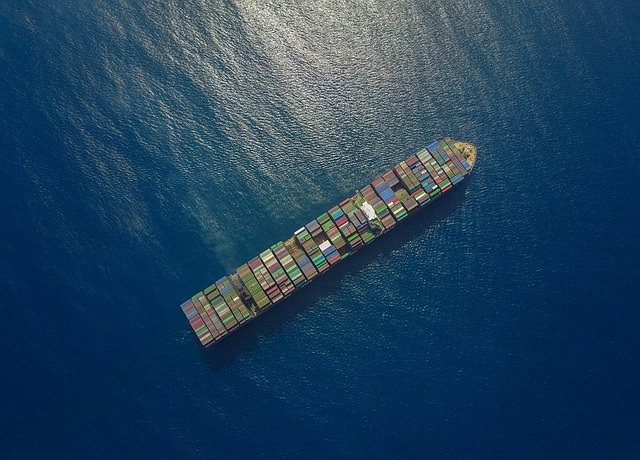-
The US Federal Maritime Commission has ruled that liner operators cannot cite ‘business decisions’ to refuse to move already-booked containers
-
The FMC ruling aims to improve space availability for US exporters who have faced challenges securing shipping space due to pandemic-related disruptions
-
MSC and the World Shipping Council had argued that by specifically removing business decisions from the regulatory text, the FMC was saying that business factors will no longer be considered in evaluating reasonableness
-
Liner operators have opposed the rule arguing that it undermines their ability to manage operational risks and financial sustainability, stressing that business decisions are crucial for ensuring efficient and safe operations
The US Federal Maritime Commission (FMC) has ruled that liner operators cannot cite “business decisions” to refuse to move already-booked containers despite objections from major container liners.
The FMC move, as per the Ocean Reform Act (OSRA) of 2022, aims to improve space availability for US exporters who have faced challenges securing shipping space due to pandemic-related disruptions.
The FMC’s decision reflects concerns over the US trade deficit and imbalances in import-export traffic.
“(T)here is a long-running US trade deficit in goods (approximately US$1 trillion in 2023) and an imbalance of imports and exports moving through US ports in international trade,” the FMC said. “VOCCs (Vessel-owning common carriers), particularly those on the major east-west trade lanes between the United States and Asia and the United States and Europe, make operational decisions regarding the import and export goods they carry based on both economic and engineering considerations.”
Carriers must now file an annual export policy detailing pricing, services, and equipment. “Blank sailings” and schedule changes with insufficient notice may be deemed unreasonable refusals to handle exports.
Liner operators have opposed the rule arguing that it undermines their ability to manage operational risks and financial sustainability, stressing that business decisions are crucial for ensuring efficient and safe operations.
MSC and the World Shipping Council had argued that by specifically removing business decisions from the regulatory text, the FMC was saying that business factors will no longer be considered in evaluating reasonableness.
The major liner players stated that they had experienced delays in the movement of export cargo caused by a lack of mutual commitment between shippers and carriers. This has led to cancellations of vessel space accommodation by either party, even up to the day of sailing, thereby contributing to uncertainty for both sides.
Germany’s Hapag-Lloyd argued that business factors are necessary considerations to guarantee the safety of personnel and operational success of a voyage. The company also argued against FMC’s policy not allowing shippers to prioritize more profitable cargoes over others.
Operators are for-profit companies, and profit is important to ensure a competitive and sustainable service, added Hapag-Lloyd.
COSCO-owned OOCL argued that business factors will always be part of any consideration, and must remain so in a free market economy.
French carrier CMA CGM said it was not feasible to serve customers who refuse to pay, misdeclare cargo, improperly package hazardous cargo, or book vessel space that they fail to fulfill. The company also said that the viability of the supply chain depends on carriers being able to exercise legitimate business discretion.
The Biden administration passed the OSRA in 2022, in response to US shippers who found difficulty securing slots when the COVID-19 pandemic caused rising freight costs as well as bottlenecks.
On average, US imports have higher value items and the rates paid by shippers pay more to move their goods at higher than the rates paid to move US exports.









